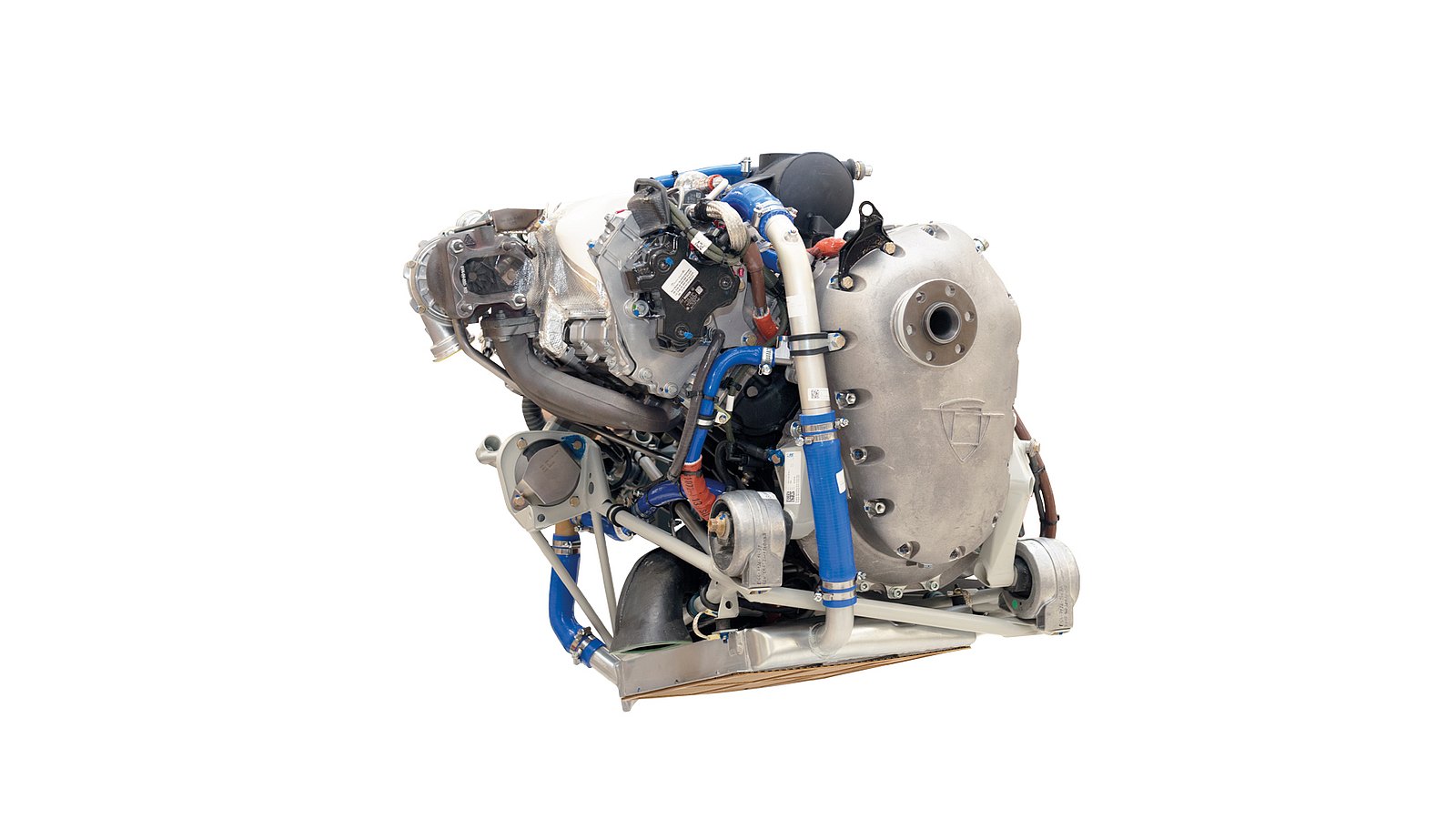A Complete Overview to Picking the Right Engine for Your Project
Picking the appropriate engine for your job is a critical choice that can considerably affect its overall success. It is critical to diligently define your job requires, evaluate performance needs, and consider user-friendliness alongside various other vital factors. In addition, recognizing the area assistance available and looking at price implications can further improve your option. Each of these components plays a crucial duty in ensuring that your selected engine not only satisfies immediate goals yet likewise straightens with long-term aspirations. As we explore these factors to consider, you may find that the nuances of each aspect disclose even more than initially anticipated.
Define Your Task Needs
Specifying your task needs is a vital action in picking the appropriate engine for effective execution. A detailed understanding of your task's goals will certainly assist you in recognizing the capacities and attributes required from an engine. Begin by outlining the scope of your project, consisting of the desired capability, target market, and the details outcomes you intend to attain.
Next, take into consideration the technical needs that align with your project goals. This includes examining the compatibility of the engine with existing systems, as well as the shows languages and frameworks that will be made use of. Additionally, examine the degree of scalability required to fit future growth or changes sought after.
Spending plan constraints also play an essential function in specifying your project needs. Develop a clear economic framework to assist your decision-making procedure, making sure that the engine selected fits within your spending plan while giving the required performance.
Evaluate Performance Requirements

Engines that support horizontal scaling are commonly better for larger applications. In addition, review the engine's performance under various problems, such as peak usage circumstances, to guarantee it satisfies your integrity requirements.
Consider Ease of Use
While technical requirements are vital, the simplicity of use of an engine can considerably influence the growth procedure and overall job success. An intuitive user interface, clear documents, and structured workflows can significantly lower the understanding contour for designers, enabling them to focus on imagination and analytical instead than grappling with facility tools.
When evaluating an engine's convenience of use, consider the onboarding experience. A well-structured intro, complete with tutorials and example jobs, can promote a smoother shift for brand-new users. Additionally, the quality and comprehensiveness of the engine's documents play a crucial duty; detailed guides and API recommendations can equip developers to troubleshoot and apply attributes effectively.
An engine that permits for very easy adjustments can be much more easy to use, as designers can customize it to fit their particular requirements without considerable problem. Ultimately, picking an engine that focuses on convenience of usage can lead to a more delightful and efficient development experience.
Assess Neighborhood and Assistance
The stamina of an engine's area and assistance network can substantially affect a developer's experience and success. When analyzing an engine, think about the dimension and activity level of its area.
Furthermore, review the accessibility of main assistance networks. Reputable documents, receptive client support, and routine updates are necessary for attending to technological concerns and maintaining your job on track. Engines For Africa. Active areas additionally foster cooperation, offering chances for networking and comments, which can be indispensable, specifically for tiny teams or independent programmers
Furthermore, investigate the existence of community-run occasions, such as meetups or hackathons. These events can enhance your understanding of the engine while connecting you with prospective collaborators and knowledgeable users. In summary, a robust area and support group not only enhance development but additionally produce an atmosphere for discovering and technology, inevitably boosting the possibility of your project's success.
Compare Price and Licensing Choices
Spending plan factors to consider play an important duty in choosing the best engine for your task, as the expense and licensing choices can dramatically impact both short-term expenses and long-lasting practicality. Engines For Africa. Different engines offer varying prices structures, which can include one-time purchase fees, membership designs, or revenue-sharing arrangements based upon your project's incomes

Accrediting choices also vary substantially. Some engines are open-source, using versatility and community-driven support, while others may require proprietary licenses that limit use and circulation. Comprehending the implications of each licensing version is important, as it impacts Read Full Article ownership rights, future scalability, and potential lawful obligations.
Verdict
In conclusion, picking the suitable engine for a project requires an extensive analysis of defined job needs, efficiency needs, convenience of usage, area assistance, and cost considerations. By methodically attending to these vital aspects, decision-makers can make certain positioning with both current and future project needs. A well-informed option inevitably boosts the chance of task success, allowing effective source allotment and optimizing potential end results within the defined monetary restrictions.
Selecting the suitable engine for your project is a critical decision that can significantly influence its overall success.Specifying your task requires is an essential step in selecting the proper engine for successful implementation. their website An extensive understanding of your task's purposes will lead you in identifying the abilities and attributes needed from an engine.As soon as you have a clear understanding of your job needs, the following action is to evaluate the performance needs of the engine.In conclusion, picking the ideal engine for a job demands a thorough evaluation of defined task this requirements, efficiency needs, convenience of usage, community support, and expense factors to consider.